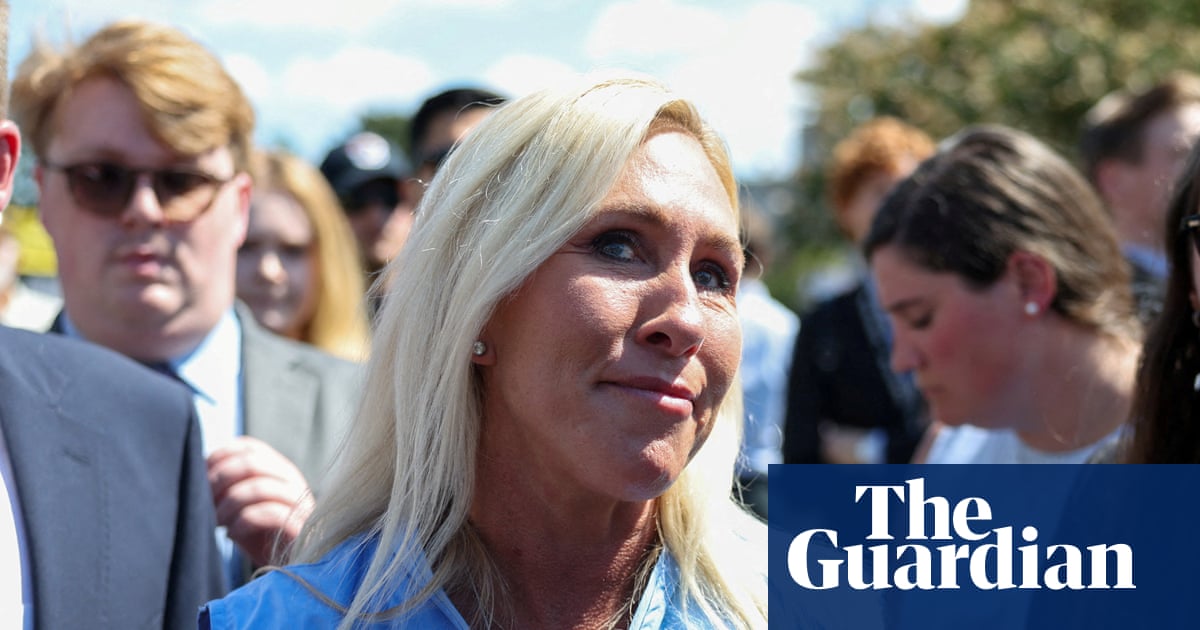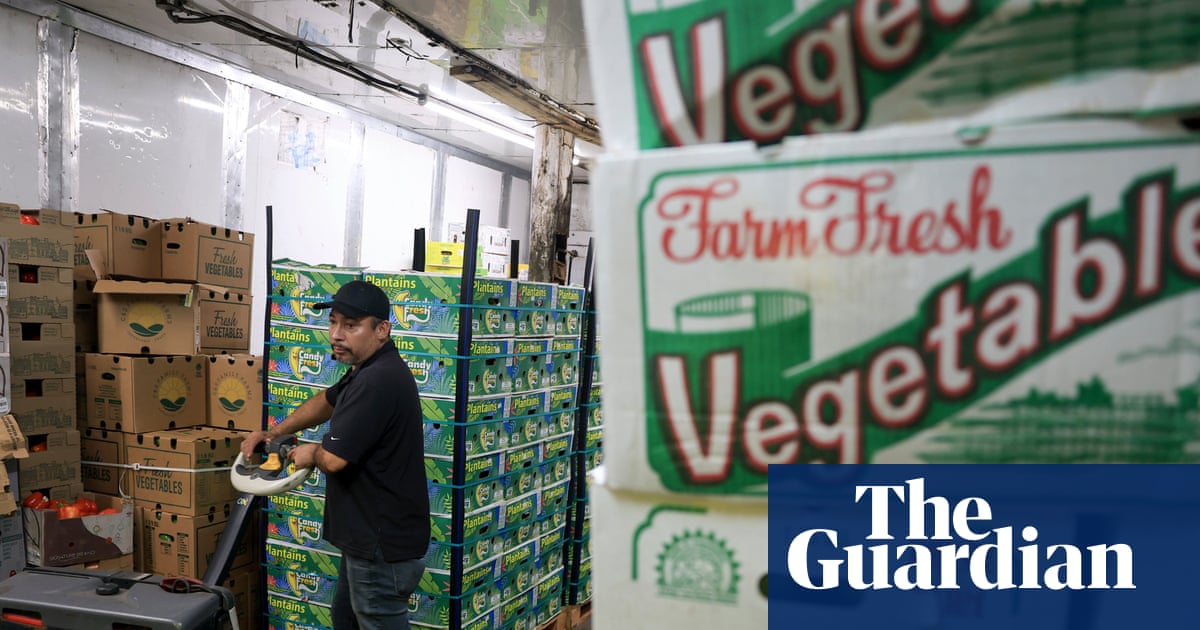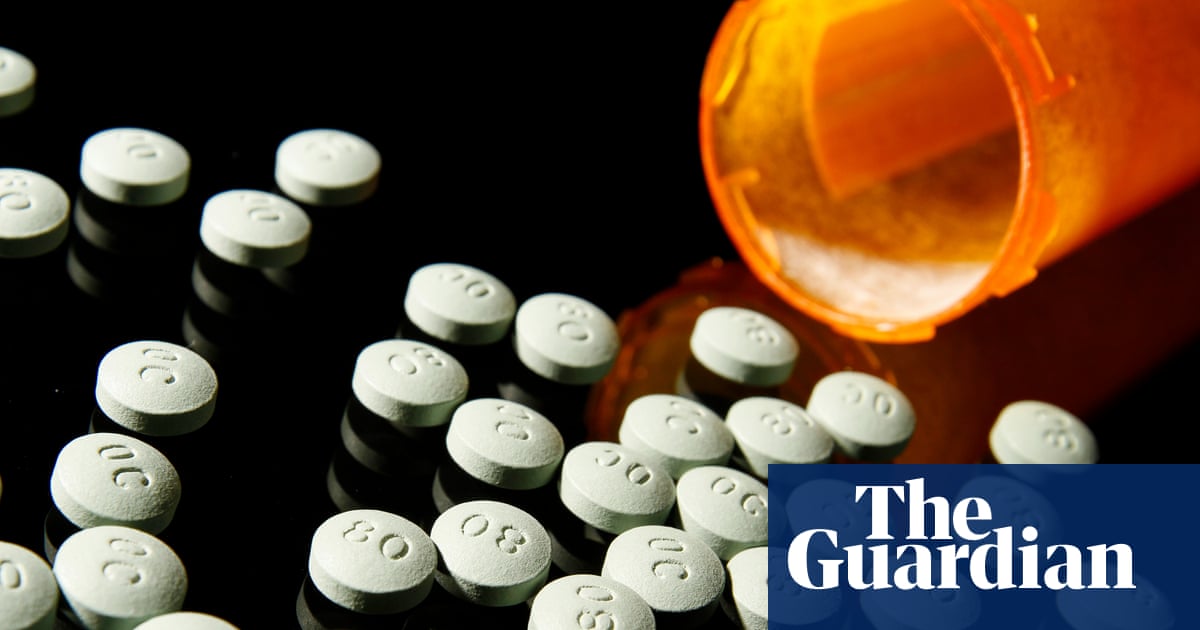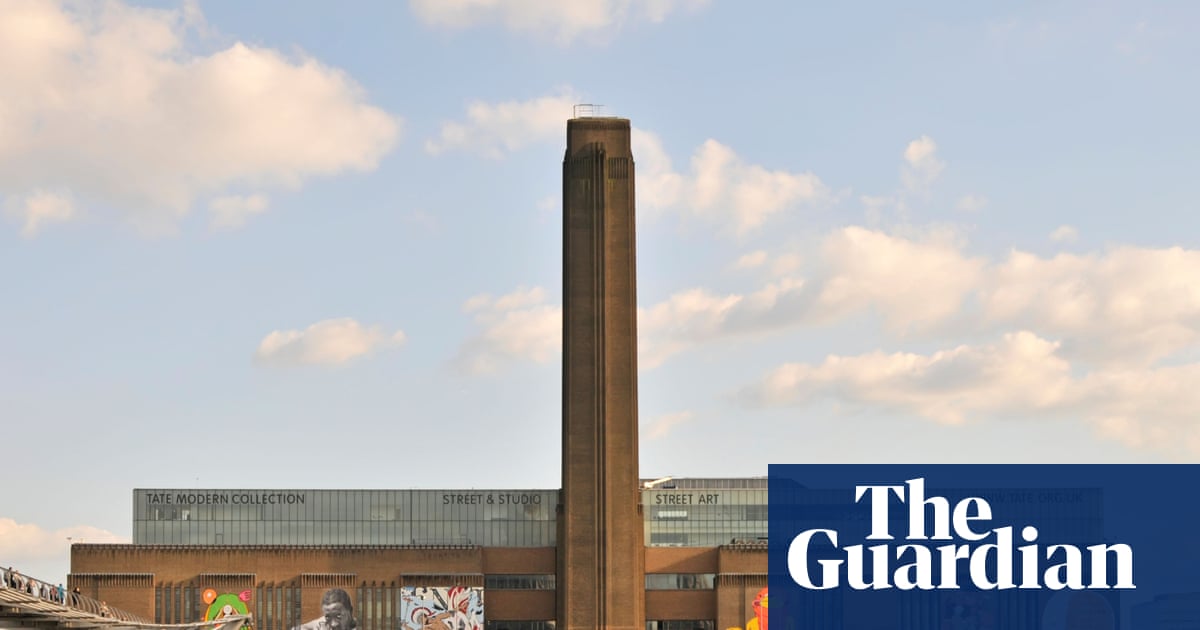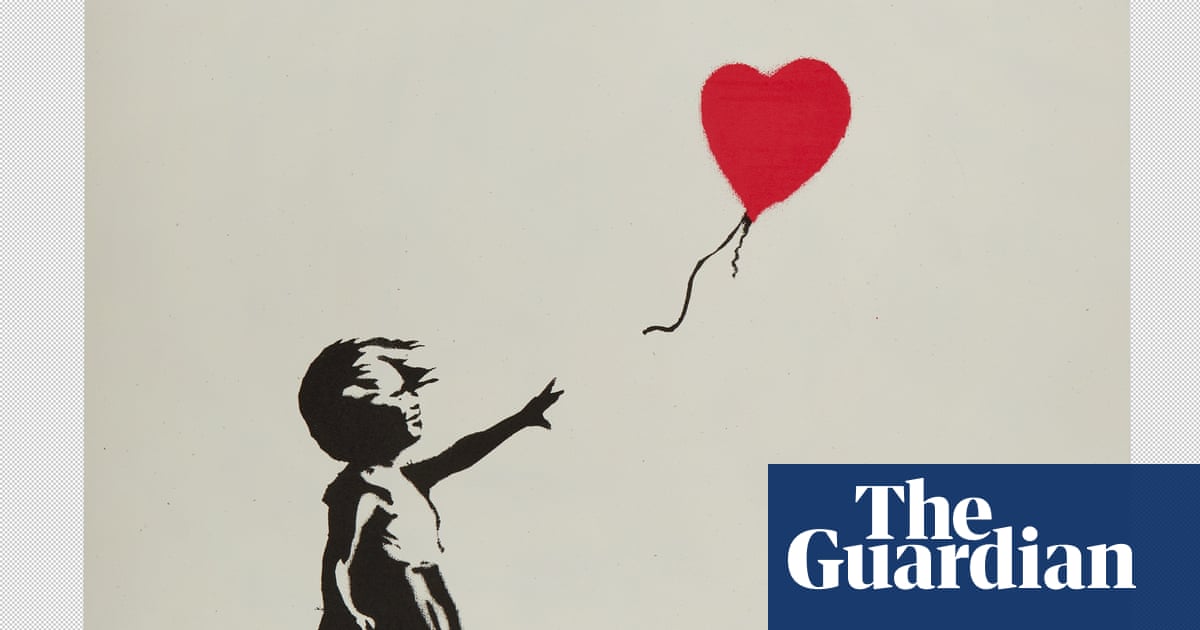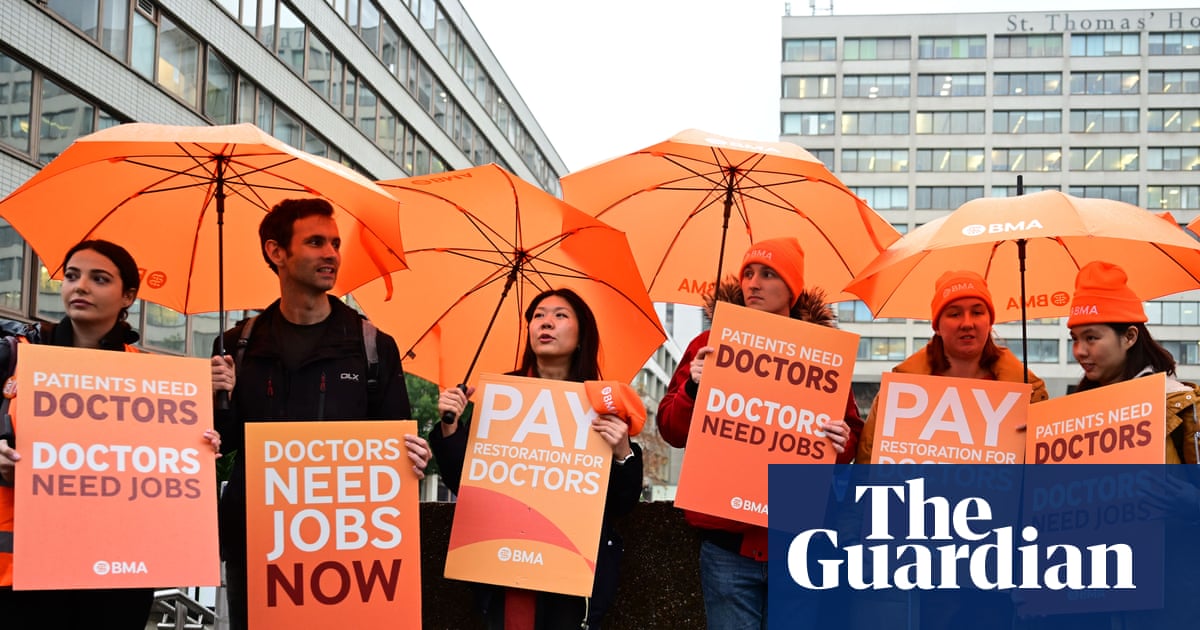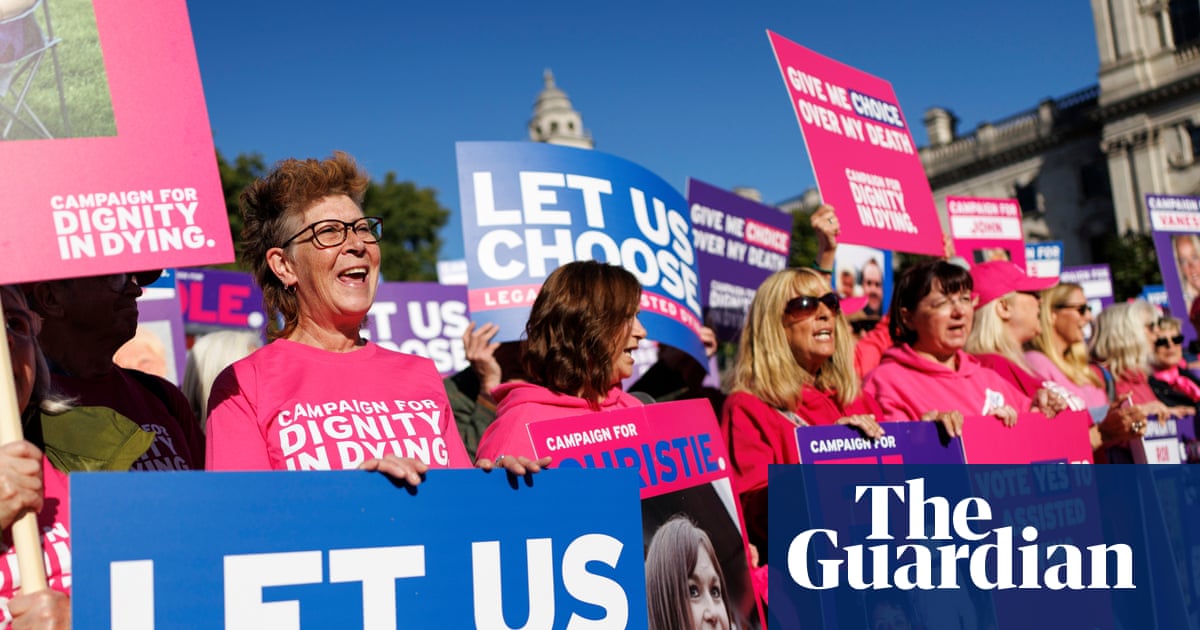Labour’s deep aid cuts will hit children’s education and increase the risk of disease and death in some African countries, according the government’s own impact assessment.
Keir Starmer announced earlier this year that he would reduce the aid budget to 0.3% of national income, from 0.5%, to fund increased spending on defence.
The Foreign, Commonwealth and Development Office (FCDO) published its “equality impact assessment” of the policy on Tuesday, as MPs prepared to leave Westminster for the summer recess.
Based on spending allocations for the current year, 2025-6, in which the first stage of the cuts has started to be implemented, the analysis paints a stark picture of the potential effects.
The government has prioritised spending through multilateral agencies such as the World Bank’s development arm, the International Development Association (IDA), and the global vaccines initiative, Gavi. It has also continued to fund humanitarian support.
The impact assessment said these and other key decisions had “protected against disproportionate impacts on equalities”. However, it highlighted the fact that bilateral projects in a string of countries face cuts, including on education and health.
“In Africa, spending is reduced in women’s health, health systems strengthening, and health emergency response, eg in the Democratic Republic of Congo (DRC), Mozambique, Zimbabwe, Ethiopia,” the impact assessment said.
As an example, it warns that cuts to the budget of the “Ending Preventable Deaths Support Programme” will result in the “reduction and prioritisation” of support across 11 countries.
The assessment concludes: “Overall, any reductions to health spending risk an increase in disease burden and ultimately in deaths, impacting in particular those living in poverty, women, children and people with disabilities.”
On education, it finds “in-year reductions to education spend are envisaged in Ethiopia, Sierra Leone, Nigeria and in Zimbabwe, and a girls’ education programme in DRC will close early in 2025 to 2026”.
It adds: “Adverse impacts on children will be likely, including the most vulnerable and children with disabilities, eg the early closure of the DRC education programme will have negative impacts on 170,000 children in post-conflict rural Kasai.”
The impact assessment also pointed out that 11 of the 13 current or future programmes which have been earmarked for closure were “equalities focused”.
The slashing of the UK development assistance budget comes as Donald Trump’s administration institutes its own sweeping cuts to US aid, which, among other crushing effects on the world’s poorest people, have resulted in abrupt halts to life-saving HIV drug programmes in many parts of sub-Saharan Africa.
The FCDO assessment was published alongside the department’s annual report, which set out more details of how the diminished aid budget will be spent.
Lisa Wise, director of global policy at Save the Children UK, said: “The government has confirmed our worst fears – significant reductions in aid spending will result in deaths of the world’s most vulnerable, including children.”
She welcomed the confirmation that the government will meet its promise of funding to the World Bank, but added: “International spending must be part of a genuine strategic approach – where the needs of people facing inequality and at risk of crisis are at the heart of development, not one driven by balancing the books.”
Gideon Rabinowitz, director of policy and advocacy at Bond, the umbrella group for development NGOs, said: “The world’s most marginalised communities, particularly those experiencing conflict and women and girls, will pay the highest price for these political choices.”
He added that the impact assessment only covers the current year, and urged the government to repeat the exercise, as the cuts continue to bite.
“Without this, we only have a very limited picture of what the real impact is going to be on the areas facing the brunt of the cuts,” he said.
Lady (Jenny) Chapman, the development minister, said: “We are modernising our approach to international development. Every pound must work harder for UK taxpayers and the people we help around the world and these figures show how we are starting to do just that through having a clear focus and priorities.
“The UK is moving towards a new relationship with developing countries, becoming partners and investors, rather than acting as a traditional aid donor.”
She has previously described an aid budget of 0.3% of national income as the “new normal”.
The previous Labour government adopted a target of 0.7% of national income for aid spending, which subsequently won cross-party support – but Rishi Sunak cut it to 0.5% during the Covid pandemic.

 3 months ago
123
3 months ago
123
